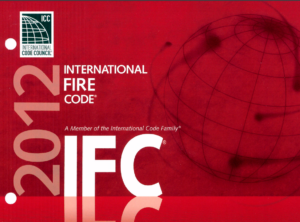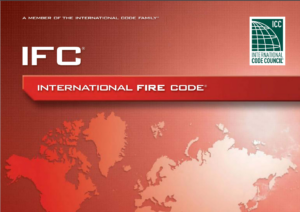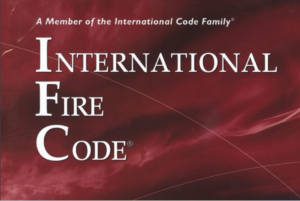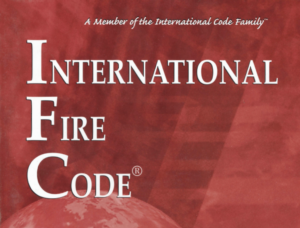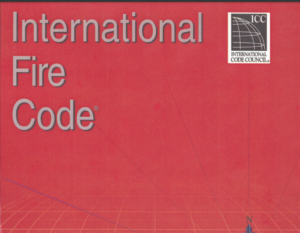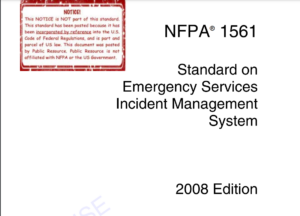The 2003 edition of NFPA 501A establishes fire safety criteria specifically for manufactured homes, including their installation, the sites they occupy, and their broader community environments. Originating from early standards addressing mobile homes in 1937, NFPA 501A has evolved through multiple revisions to address contemporary safety concerns comprehensively. This standard provides guidelines to ensure manufactured homes are set up and maintained in a manner that prioritizes fire safety.
Key aspects of the standard include the installation of fuel systems, electrical systems, and emergency procedures that meet established safety codes. Requirements are clearly specified for different components such as gas piping, oil-burning equipment, and electrical systems, all aligned with other NFPA codes like the National Fuel Gas Code and the National Electrical Code.
The document emphasizes not only the technical requirements for the physical setup of manufactured homes but also the infrastructure of the sites and communities where they are located. This includes provisions for fire service mains, private fire extinguishing systems, and emergency communications systems, ensuring comprehensive coverage of all potential fire safety aspects in manufactured home settings.
Moreover, the standard delves into the administrative aspects, detailing the responsibilities of authorities having jurisdiction over the enforcement of these standards. It ensures that all installations, whether new or existing, comply with the latest safety requirements to protect residents and property from fire hazards.
Overall, NFPA 501A serves as a crucial guideline that supports the safety, design, and maintenance of manufactured homes, enhancing the fire safety landscape for these unique living spaces.

